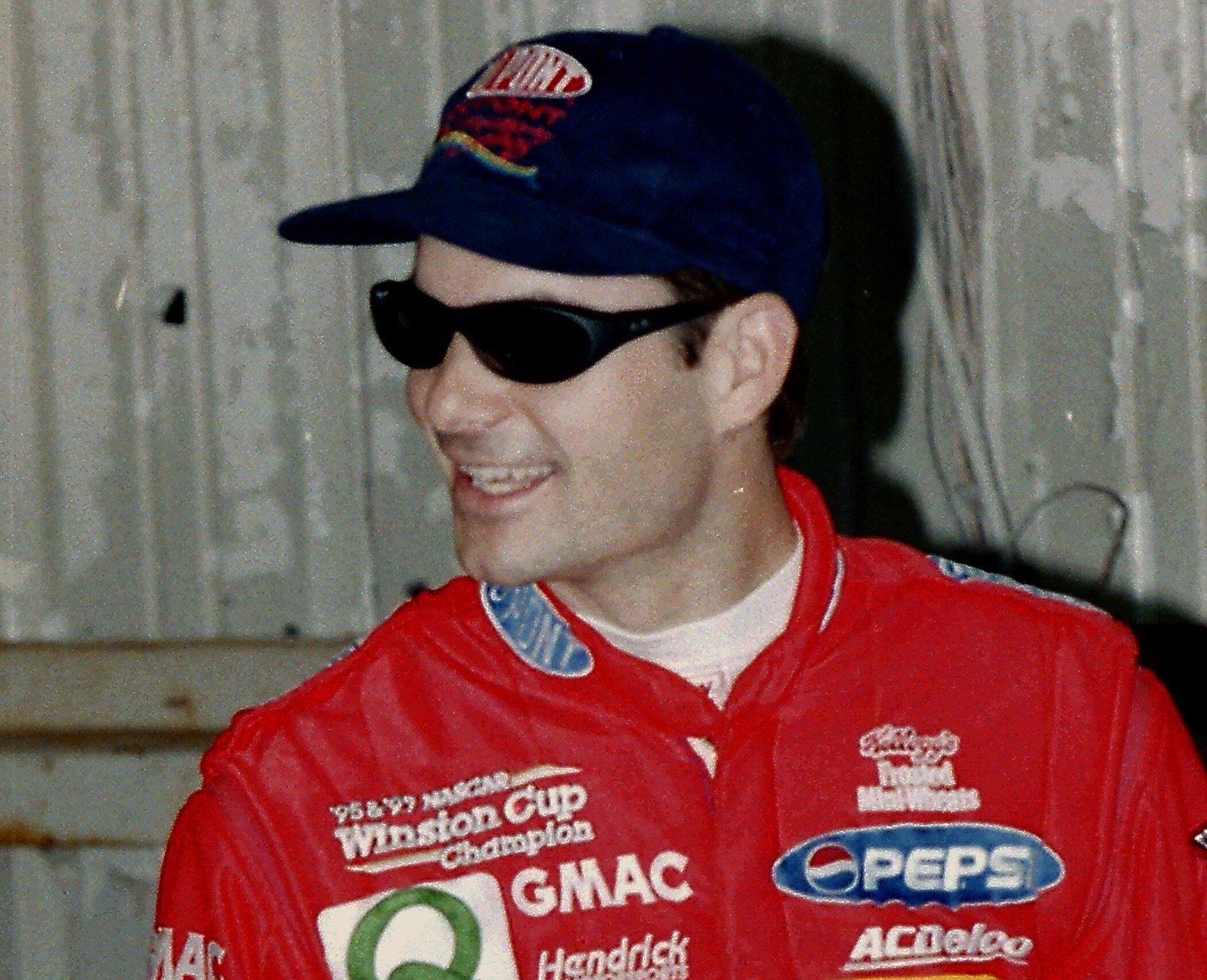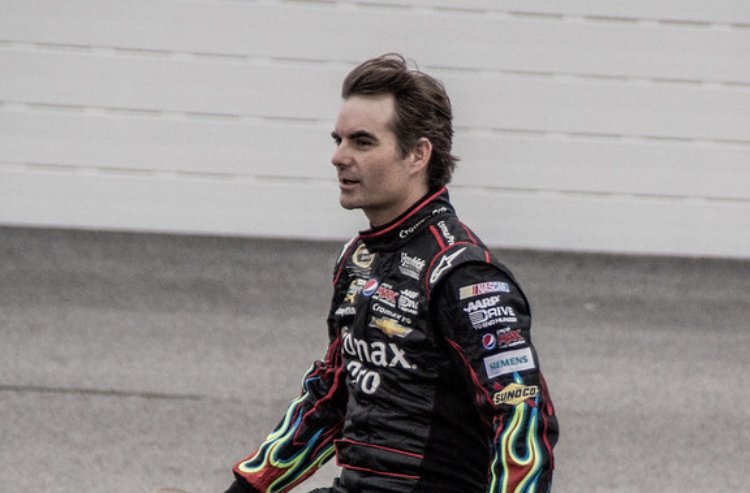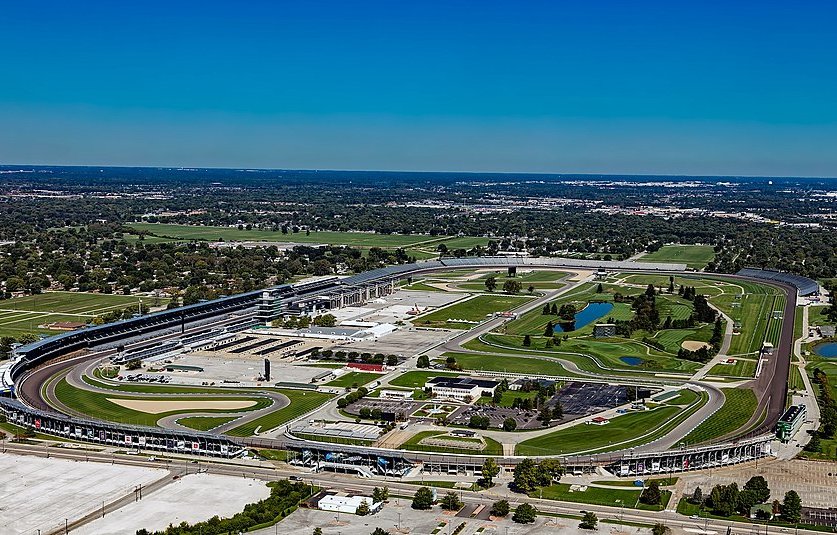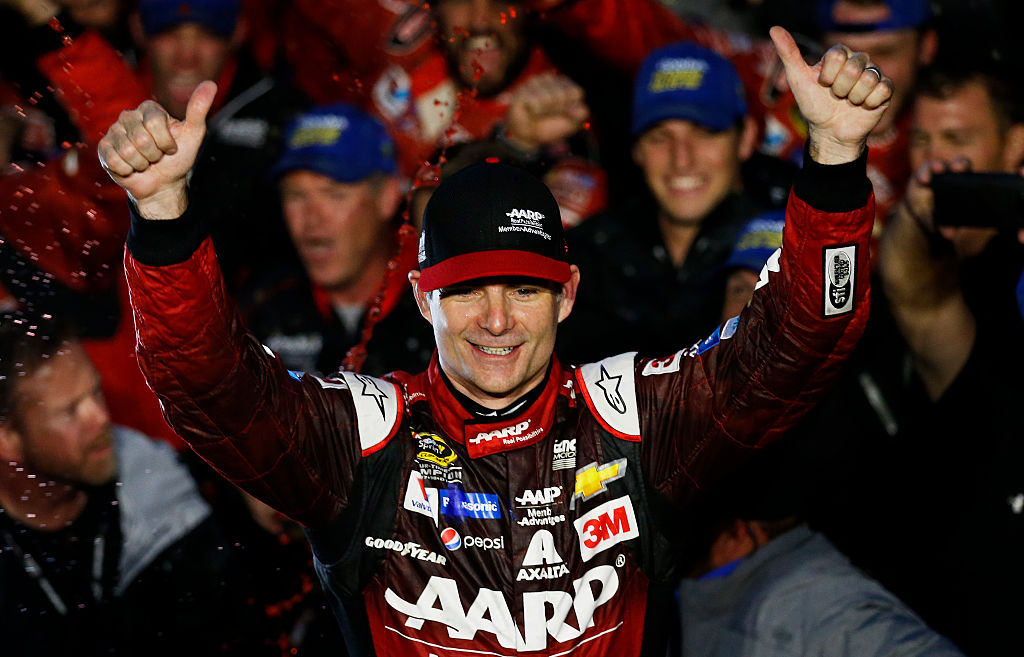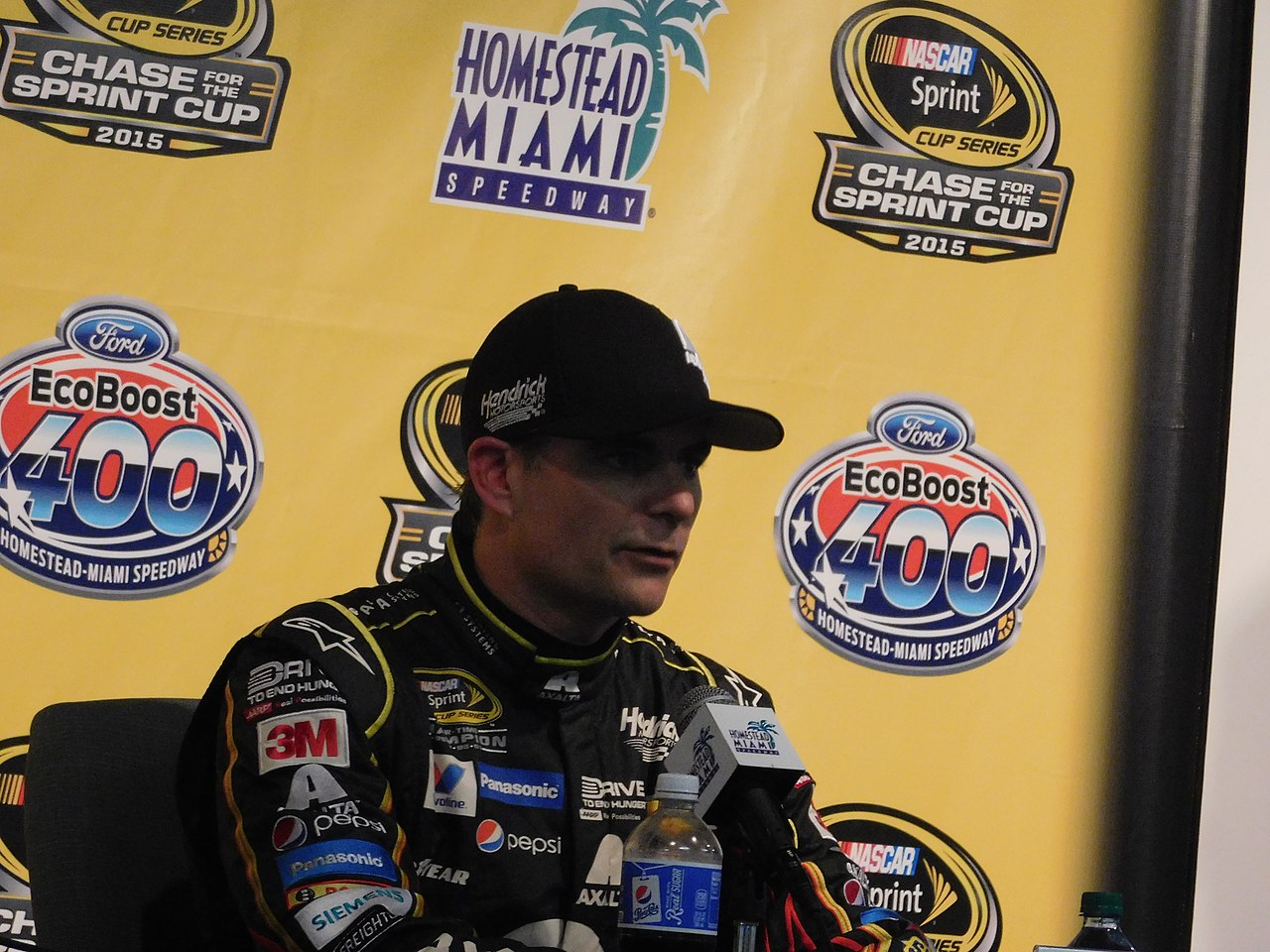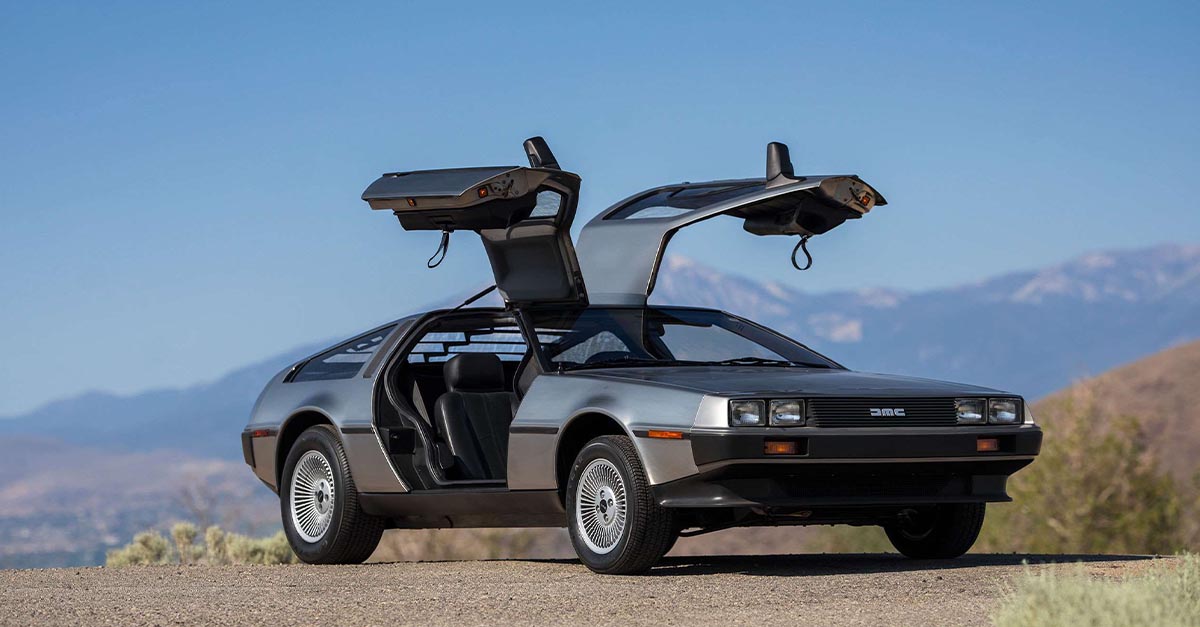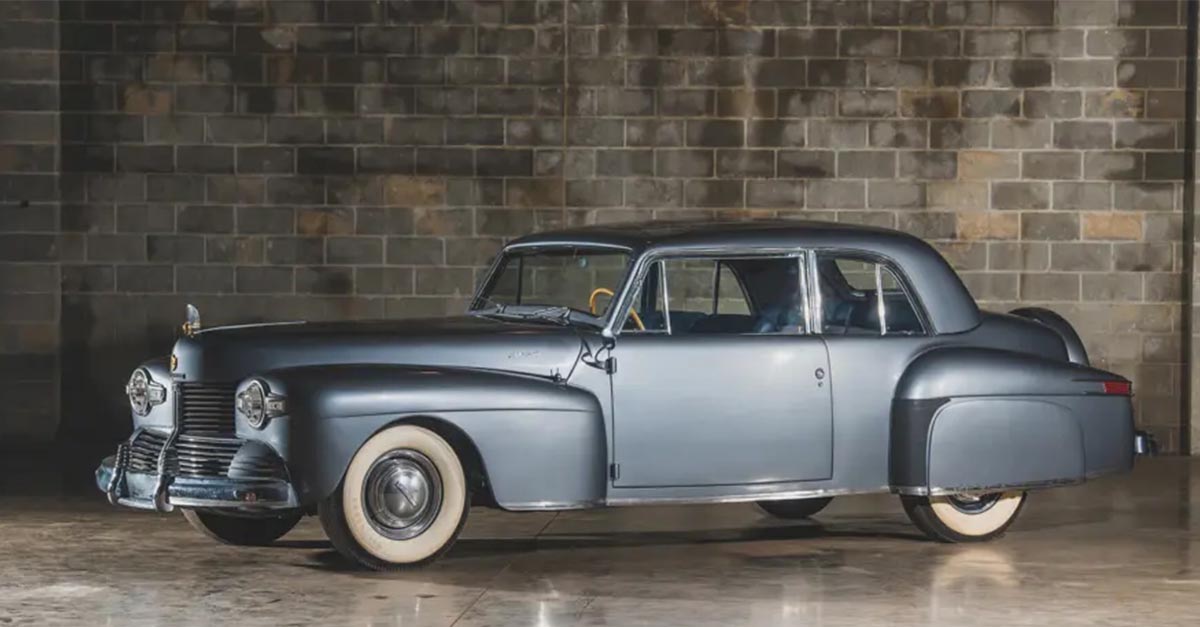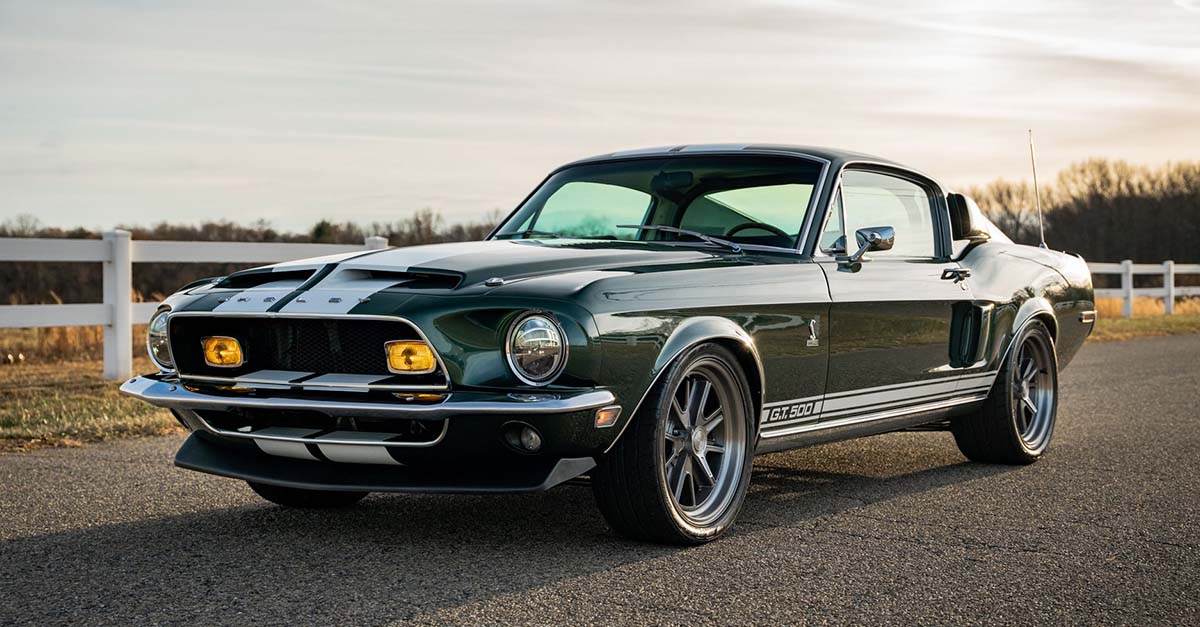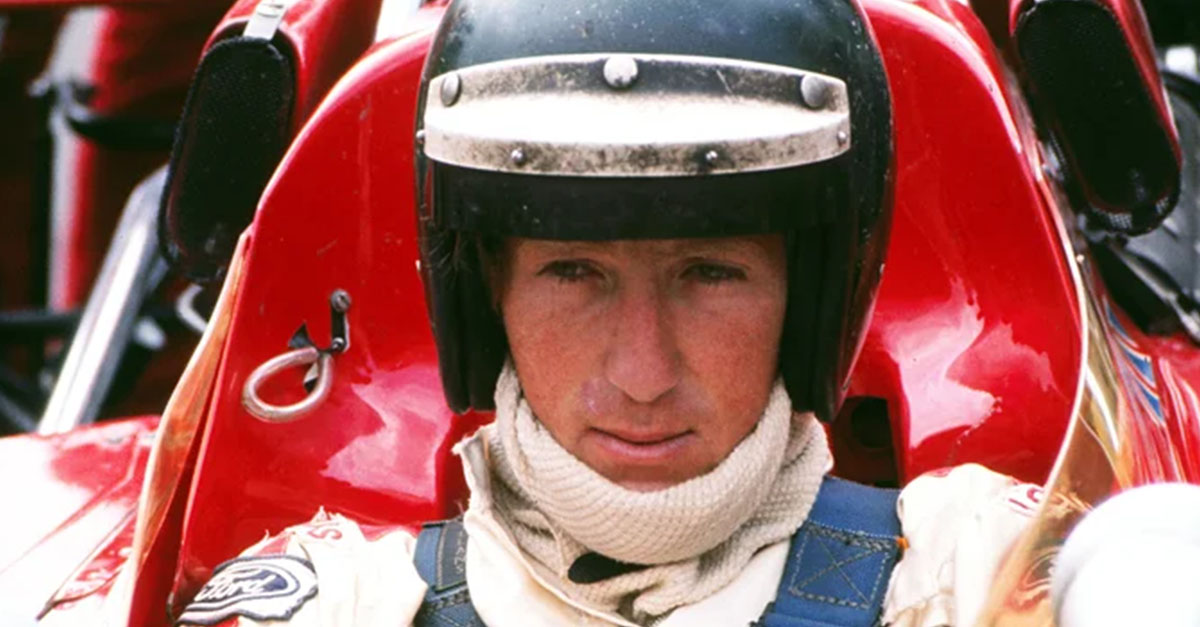An Incredible NASCAR Journey
Jeff Gordon had one of the greatest careers in NASCAR history, including a dominant run in the 90s that has rarely been seen in any sport. Along the way, he set numerous records and became the new public face of NASCAR. Let’s review Gordon’s best moments on the track and off.

A Rough Start (1992)
Gordon drove his first race for Hendrick Motorsports at the 1992 season finale at Atlanta Motor Speedway. The final race in the career of the great Richard Petty, first place went to Bill Elliott, and the Winston Cup to Alan Kulwicki. Beset by pit problems, Gordon crashed out halfway through a race viewed by many as the greatest in NASCAR history.
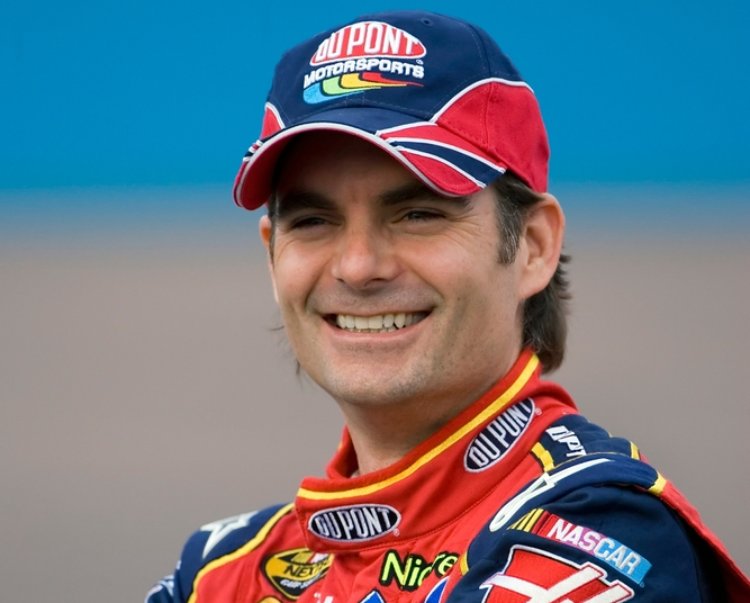 Grindstone Media Group, Shutterstock
Grindstone Media Group, Shutterstock
Rookie Of The Year (1993)
Gordon’s first full season on the circuit saw him take seven top-five finishes, and his first pole position late in the season at Charlotte. He finished 14th in the final Cup standings, good enough for Rookie of the Year honors. Though some were still skeptical of his talents, the man in the rainbow-painted 24 car was on his way up the ladder!
 Sarah Stierch, CC BY 4.0, Wikimedia Commons
Sarah Stierch, CC BY 4.0, Wikimedia Commons
First Win (1994)
Gordon had been the top NASCAR rookie in 1993, but his first win wouldn’t come until May 29, 1994 at the Coca-Cola 600 at Charlotte Speedway. After a pitstop to change out two tires with 20 laps left, Gordon led all the way to the finish. It was the first of many victories to come.
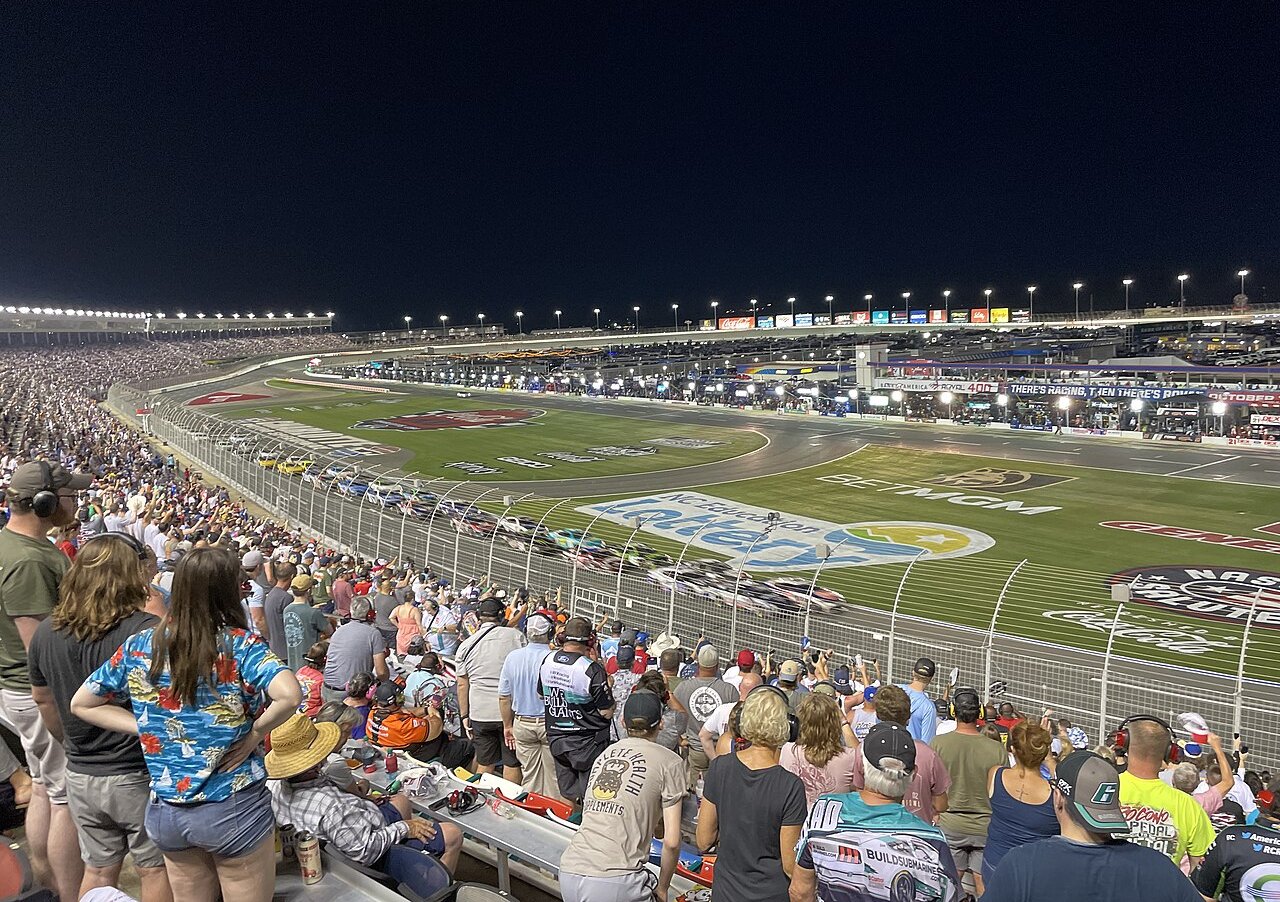 Dough4872, CC BY-SA 4.0, Wikimedia Commons
Dough4872, CC BY-SA 4.0, Wikimedia Commons
Victory In The First Brickyard 400 (1994)
The 1994 Brickyard 400 was the first NASCAR event ever held at Indianapolis Racetrack, bringing record driver participation and fan interest. Ernie Irvan blew a tire with five laps left, allowing Gordon to take the lead and the win. The record $3.2 million purse and the historic nature of the victory was sweetened by the fact that Gordon had grown up in nearby Pittsboro, Indiana.
 William M. Plate Jr., Wikimedia Commons
William M. Plate Jr., Wikimedia Commons
First Winston Cup (1995)
Gordon won three of the 1995 season’s first six races and would later take 14 straight top 10 finishes, with four wins among them. The Hendrick team as a whole were a model of consistency that year, allowing Gordon to become the youngest cup winner of the modern (post-1971) era, at just 23.
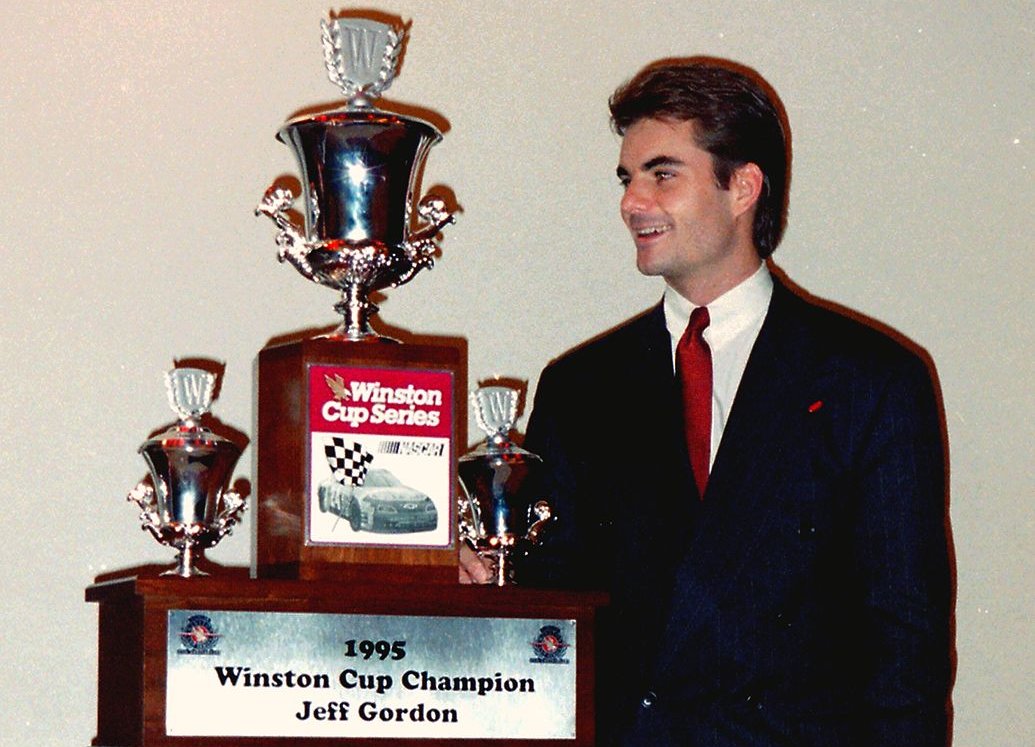 Darryl Moran, CC BY-SA 2.0, Wikimedia Commons
Darryl Moran, CC BY-SA 2.0, Wikimedia Commons
First Daytona 500 Victory (1997)
After finishing 1996 as Cup runner-up, Gordon opened 1997 with a victory in the Daytona 500. At 25, he was the Daytona’s youngest-ever winner. The race is remembered for Gordon bumping Dale Earnhardt off the track with 12 laps remaining.
 Nascarking, CC BY-SA 4.0, Wikimedia Commons
Nascarking, CC BY-SA 4.0, Wikimedia Commons
Million Dollar Winner (1997)
NASCAR’s four biggest races are the Daytona 500, Geico (formerly Winston) 500 (Talladega), Southern 500 (Darlington), and Coca-Cola 600 (Charlotte). From 1985–1997, a tobacco company awarded $1 million to any driver to win three of the four in one year. Gordon won the million in 1997, winning at Daytona, Charlotte, and Darlington, only the second driver to accomplish this feat.
 Nascarking, CC BY-SA 4.0, Wikimedia Commons
Nascarking, CC BY-SA 4.0, Wikimedia Commons
Second Winston Cup (1997)
Gordon’s Daytona win was only the start of what would be a phenomenal 1997 run to his second Cup win. With an amazing 10 wins and 12 other top five finishes on the season, he narrowly beat Dale Jarrett, who himself had carved out an outstanding year.
40-Win Milestone (1998)
Gordon’s victory at the 1998 Pepsi 400 at Daytona on October 17 put him at 11 wins on the year, and an amazing total of 40 wins for his career. Though the Cup season was winding down and a third championship all but locked up, Gordon wasn’t even close to letting off the gas pedal.
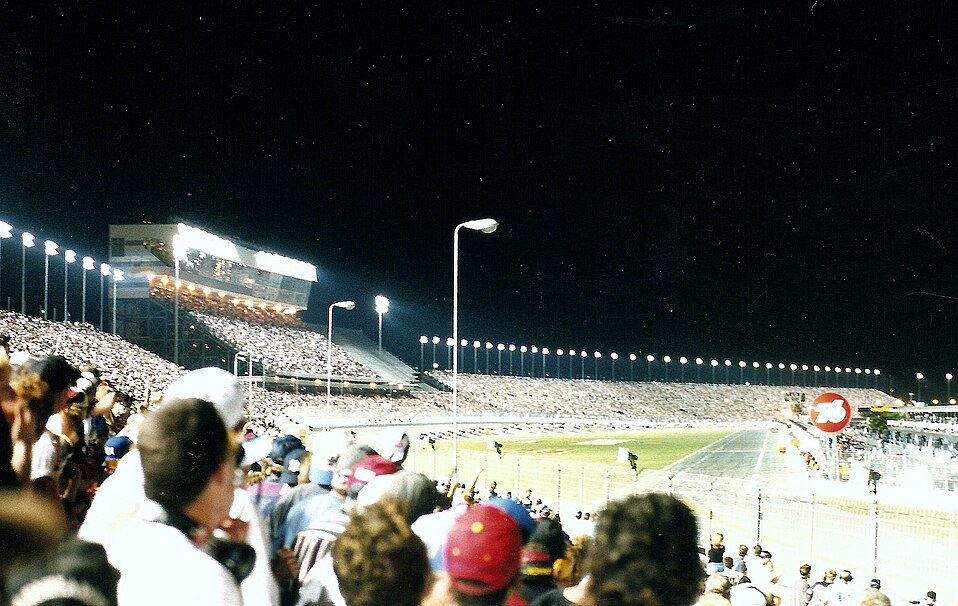 Doctorindy, CC BY-SA 3.0, Wikimedia Commons
Doctorindy, CC BY-SA 3.0, Wikimedia Commons
Record-Tying Win (1998)
The 1998 Napa 500 in Atlanta was that season’s final race. In a contest delayed twice and ultimately shortened by rain, Gordon took his 13th win of the season to tie Richard Petty for the all-time single season record. The victory put the finishing touches on Gordon’s third Winston Cup, and second in a row.
Ridiculous Dominance (1998)
Gordon’s 1998 Cup series stands as the most dominant season in modern NASCAR history. Among the accomplishments: the record-tying 13 wins, a stretch of seven wins in nine races, and a mind-boggling 364-point lead over runner-up Mark Martin, who himself had won seven races that year. The year is also a monument to the Hendrick team and longtime crew chief Ray Evernham.
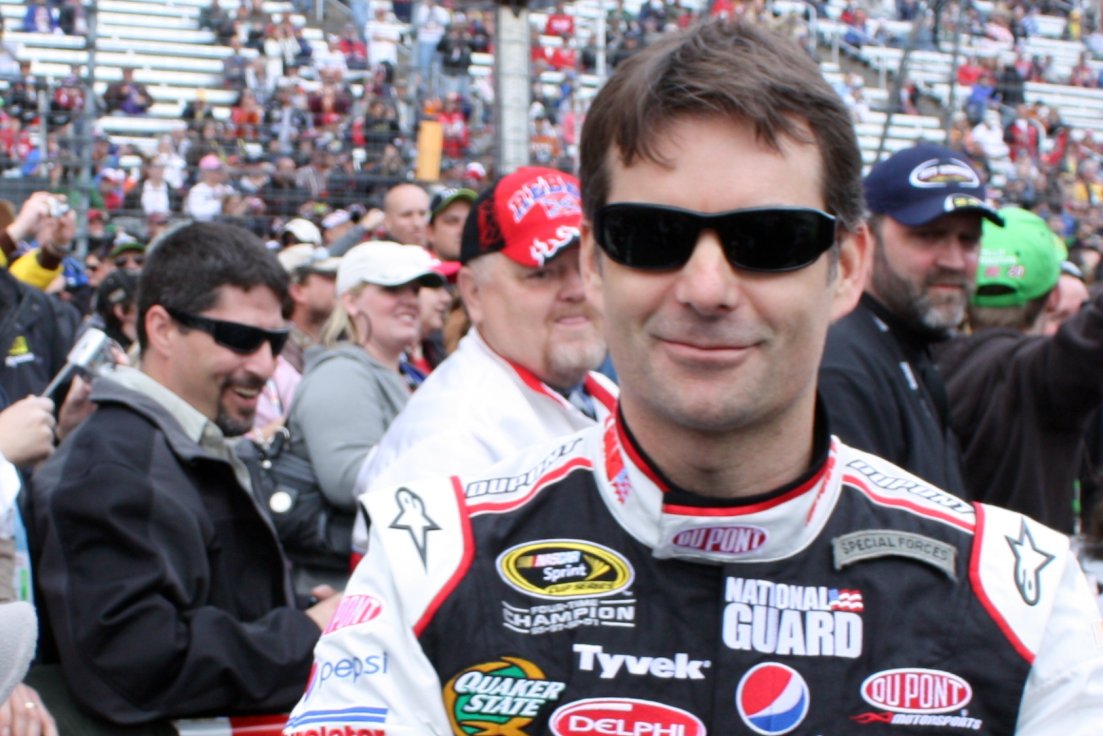 Raniel Diaz, CC BY 2.0, Wikimedia Commons
Raniel Diaz, CC BY 2.0, Wikimedia Commons
50 Greatest Drivers Honor (1998)
Gordon was added to NASCAR’s all-time Top 50 Drivers list as part of the organization’s 50th anniversary in 1998. At 27, he was by far the youngest wheelman on the list.
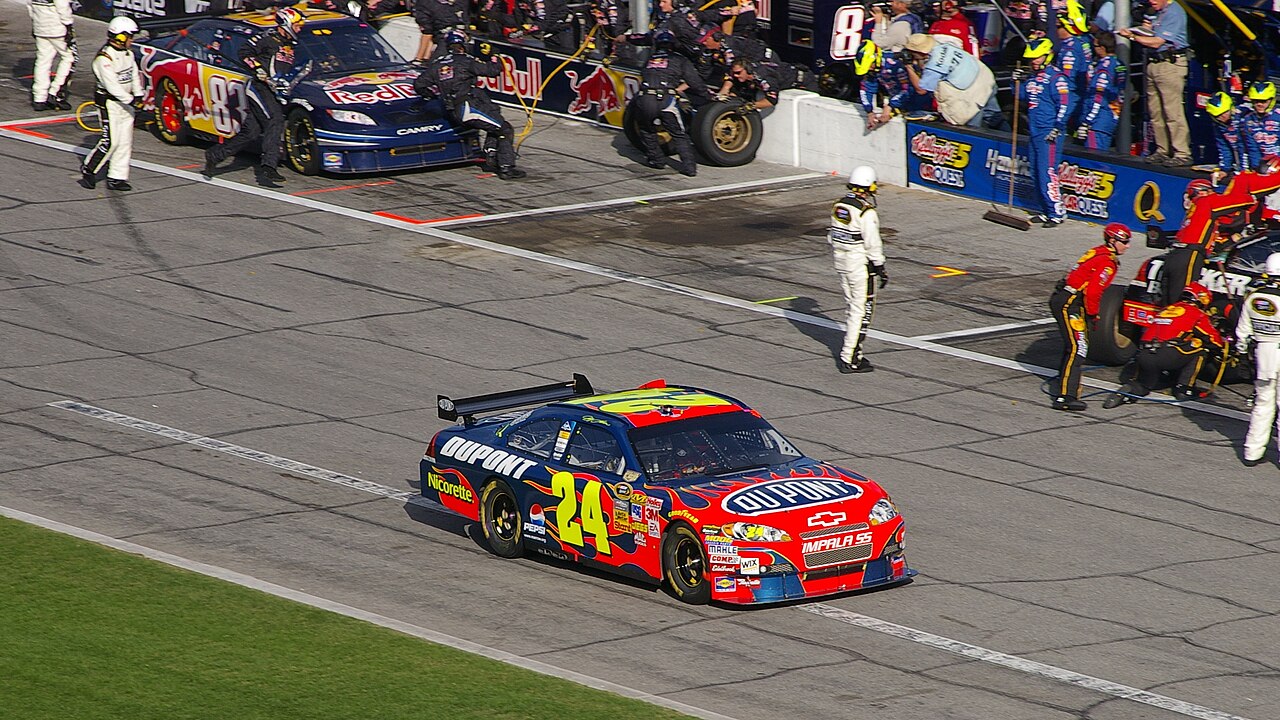 tequilamike, CC BY 2.0, Wikimedia Commons
tequilamike, CC BY 2.0, Wikimedia Commons
Second Daytona Victory (1999)
Picking up in 1999 where he left off the previous year, Gordon made a dramatic pass of Rusty Wallace and Mike Skinner, fought off a determined Dale Earnhardt, and took his second career Daytona 500.
 Sarah Stierch, CC BY 4.0, Wikimedia Commons
Sarah Stierch, CC BY 4.0, Wikimedia Commons
Philanthropist (1999)
In 1999, Gordon used his race winnings to start a foundation for kids with chronic and life-threatening diseases, a commitment that would expand in 2006 with the development of the Jeff Gordon Children’s Hospital near Charlotte, North Carolina.
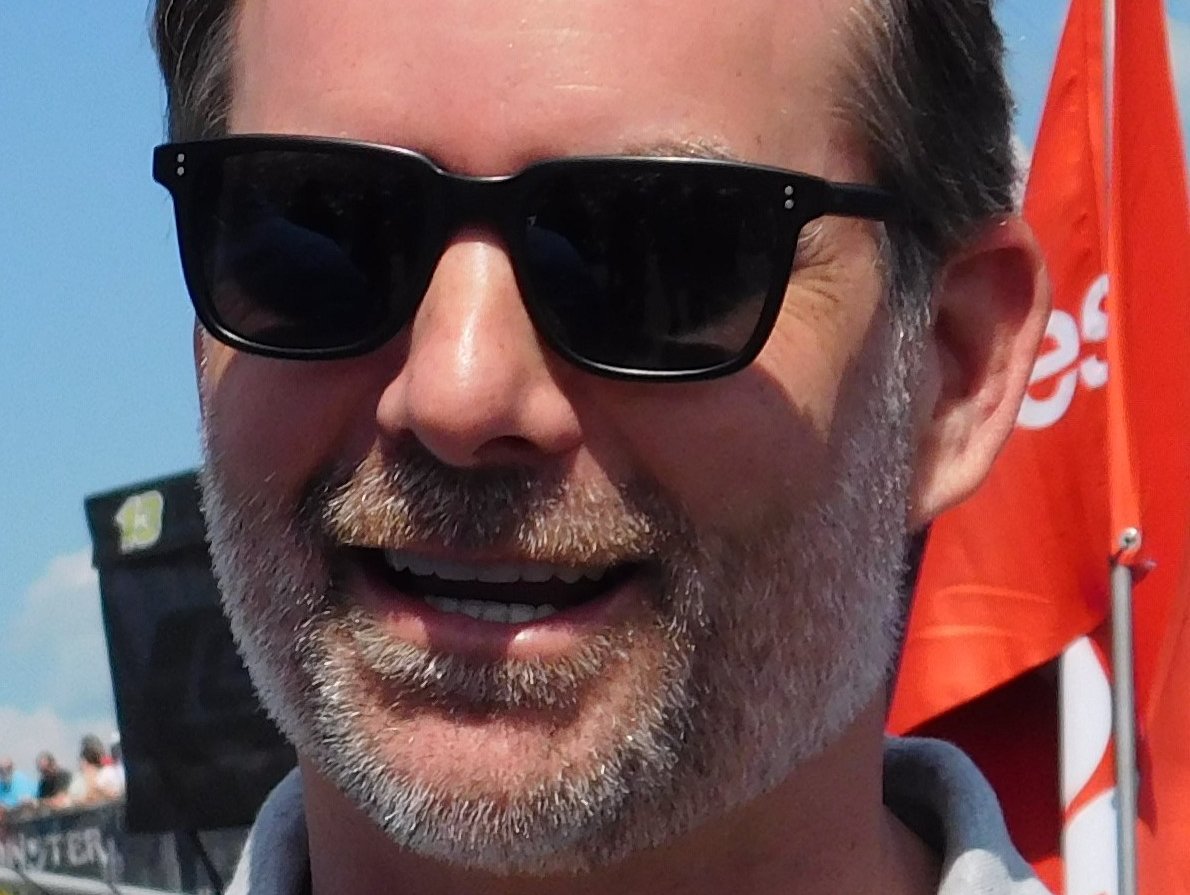 Zach Catanzareti, CC BY-SA 2.0, Wikimedia Commons
Zach Catanzareti, CC BY-SA 2.0, Wikimedia Commons
50th Win (2000)
Gordon took the Die Hard (now Geico) 500 in the spring of 2000 to mark the 50th checkered flag of his career. The victory was special in that he had started in 36th place, the lowest starting place of any winner in Talladega history.
 Nascarking, CC BY-SA 4.0, Wikimedia Commons
Nascarking, CC BY-SA 4.0, Wikimedia Commons
Leading From Start To Finish (2001)
The 2001 MBNA Platinum 500 at Dover provides an example of Gordon’s ability to dominate a field to the point that the result was never in doubt. Gordon led for 381 of this race’s 400 laps—it was an early clue of how the 2001 Cup season would turn out.
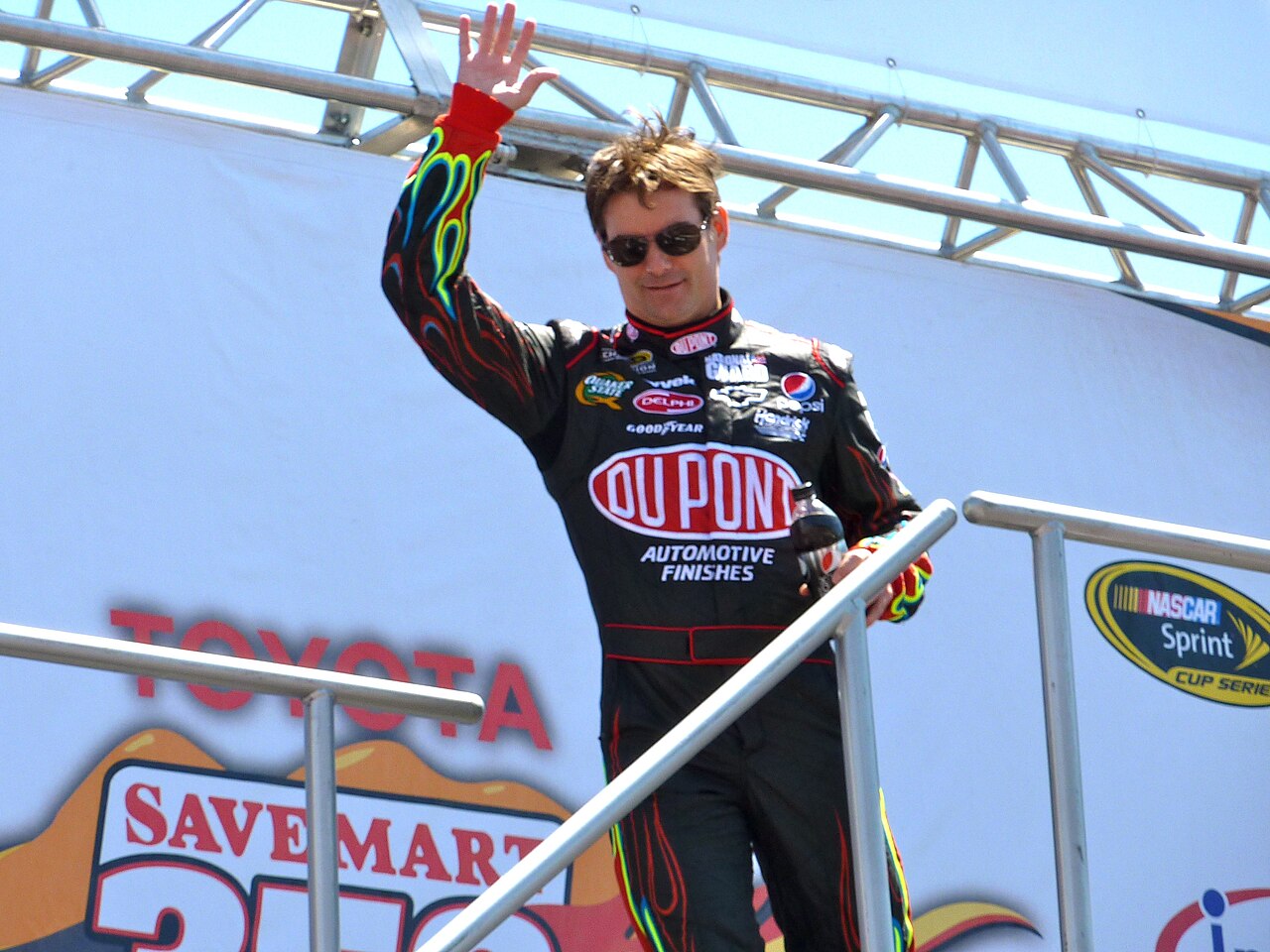 Broadbandito, CC BY 2.0, Wikimedia Commons
Broadbandito, CC BY 2.0, Wikimedia Commons
Different Crew Chief, Same Result (2001)
With six wins and 18 top fives in 2001, Gordon finished 344 points ahead of Tony Stewart to claim his fourth Cup. Doing all this with new crew chief Robbie Loomis, who had replaced Ray Evernham at Hendrick the year before, gave the triumph an even greater shine.
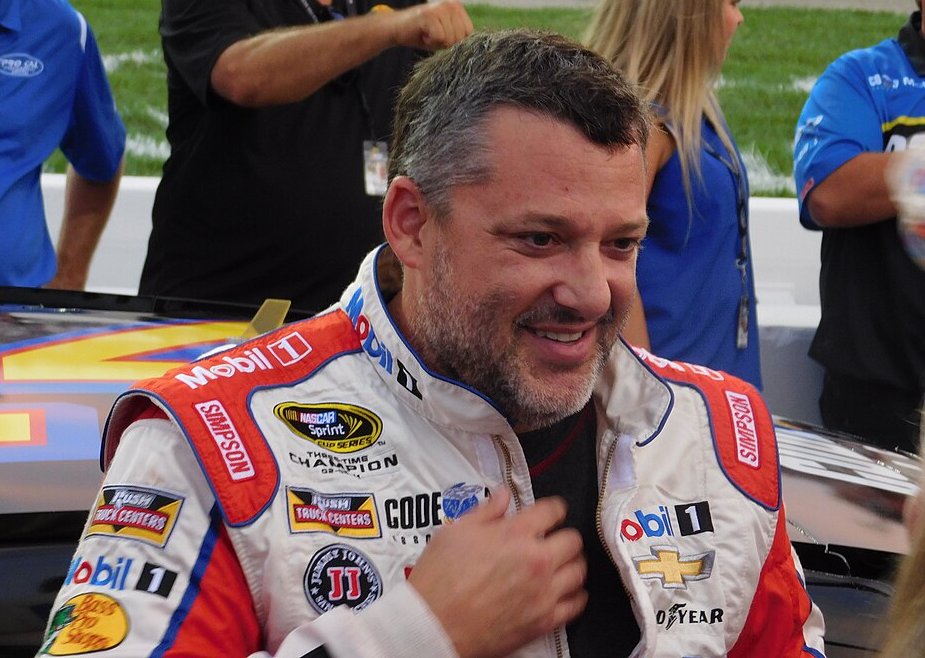 Zach Catanzareti, CC BY-SA 2.0, Wikimedia Commons
Zach Catanzareti, CC BY-SA 2.0, Wikimedia Commons
Seven Years Of Success (1995–2001)
The years 1995–2001 marked a period of dominance to rival that of any competitor in professional sports. Gordon had amassed 55 wins over the seven seasons, with four championships. What made it even more impressive was the ever-increasing level of competition against a formidable host of drivers and racing teams.
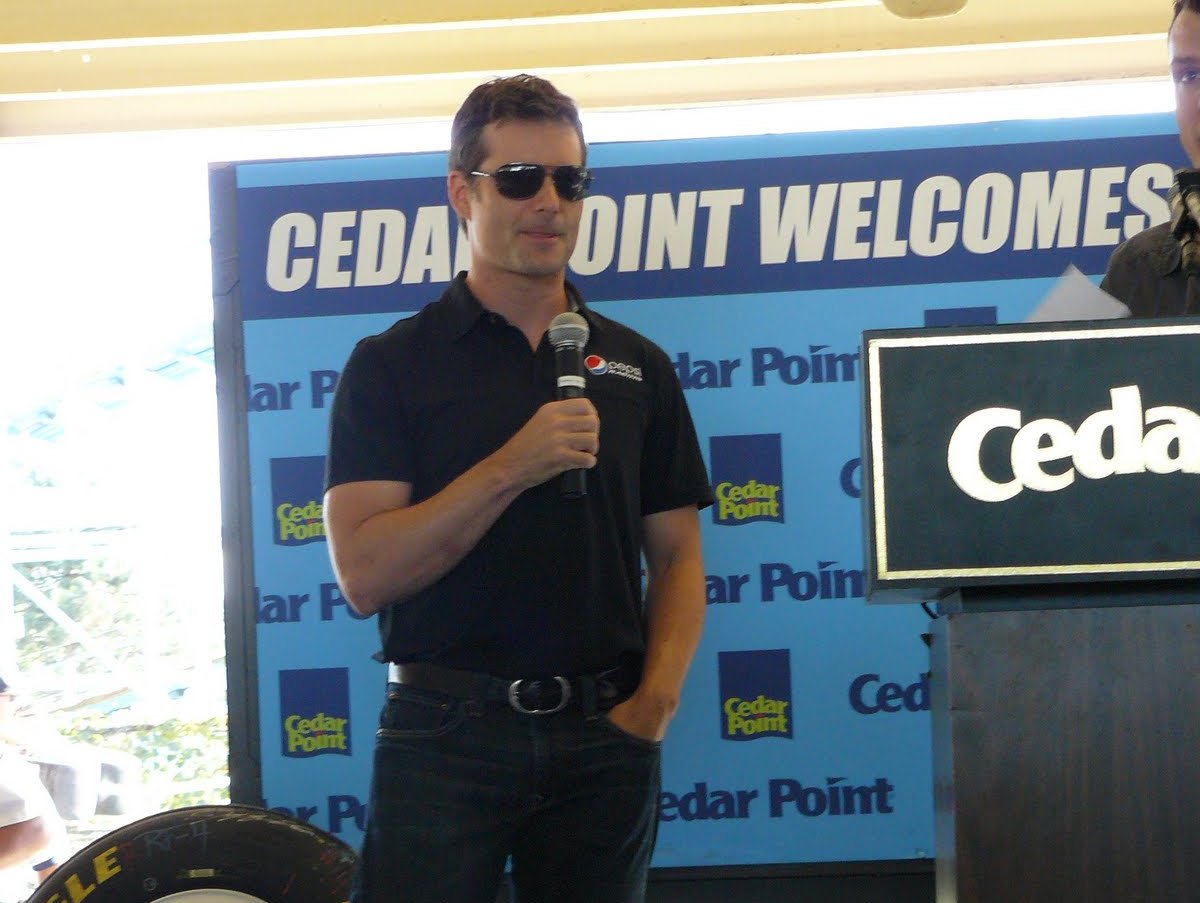 Tim Beane, CC BY 3.0, Wikimedia Commons
Tim Beane, CC BY 3.0, Wikimedia Commons
Rivalry With Rusty Wallace (1997–2002)
Gordon’s rivalry with short track master Rusty Wallace reached new heights at Bristol in 1997, as he bumped Wallace’s car from behind to take the lead and the win. He would pull the same move on Wallace to win the Bristol Night Race in 2002. Wallace returned the favor in 1998 at Richmond, knocking Gordon into the wall and out of the race.
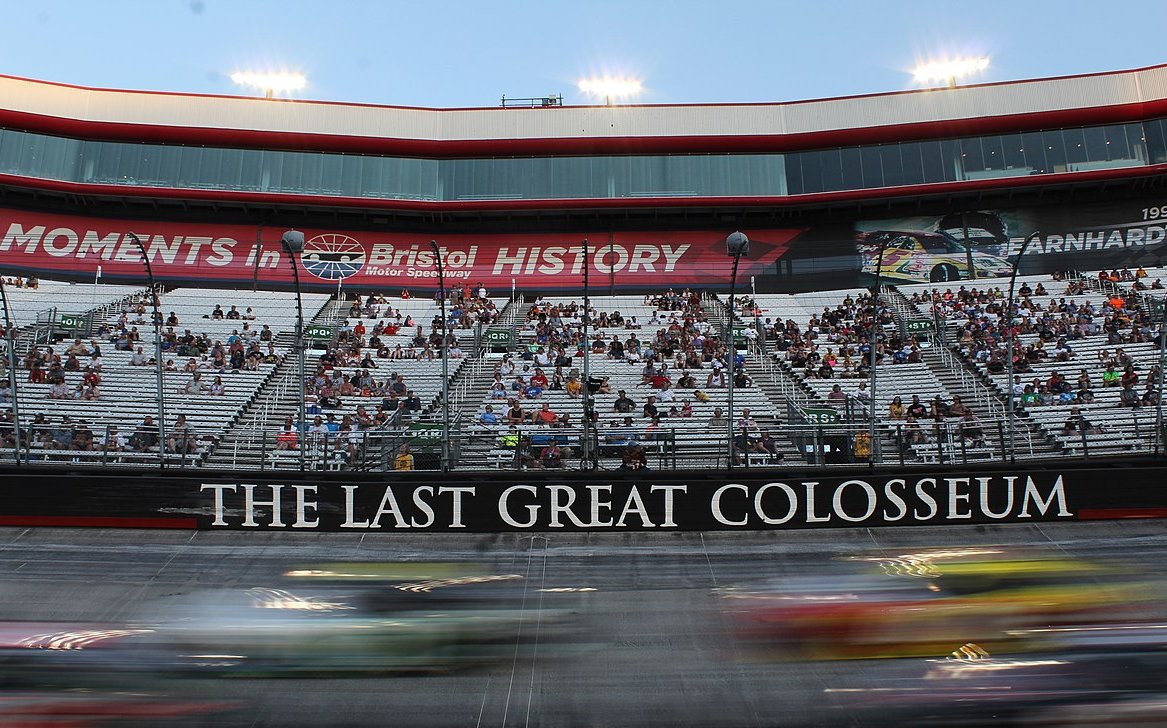 Zach Catanzareti, CC BY 2.0, Wikimedia Commons
Zach Catanzareti, CC BY 2.0, Wikimedia Commons
The Face Of A New Generation (early 2000s)
Gordon’s incredible run of success had popularized NASCAR across the United States. His youthful appearance, trademark rainbow uniform, and relaxed presence with the media helped to change the sport’s image from its rough-and-tumble regional roots. The first driver to attract sponsorships from Fortune 500 companies, Gordon was the face of NASCAR for a new generation of fans.
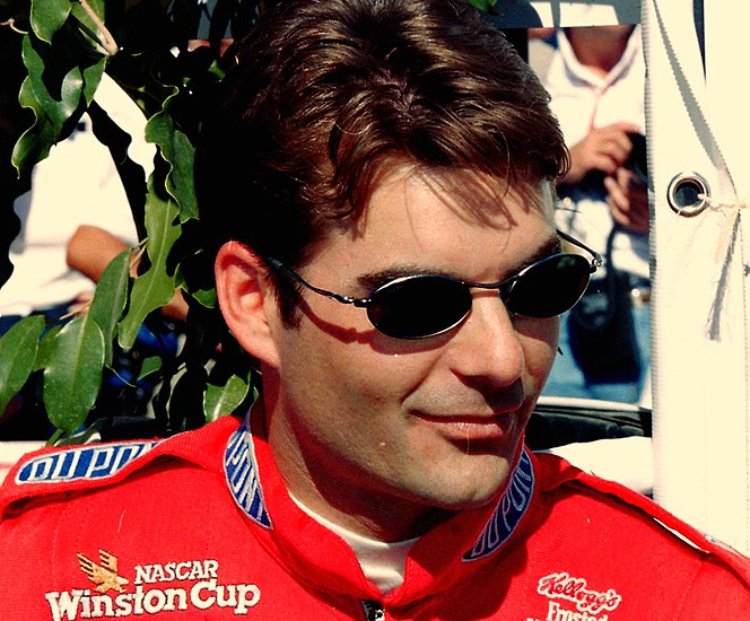 Darryl W. Moran, CC BY-SA 2.0, Wikimedia Commons
Darryl W. Moran, CC BY-SA 2.0, Wikimedia Commons
Saturday Night Live Guest Host (2003)
Proof of Gordon’s broadening popular appeal was his guest hosting appearance on Saturday Night Live in 2003, a role that brought new mainstream visibility to NASCAR and to Gordon’s humorous side.
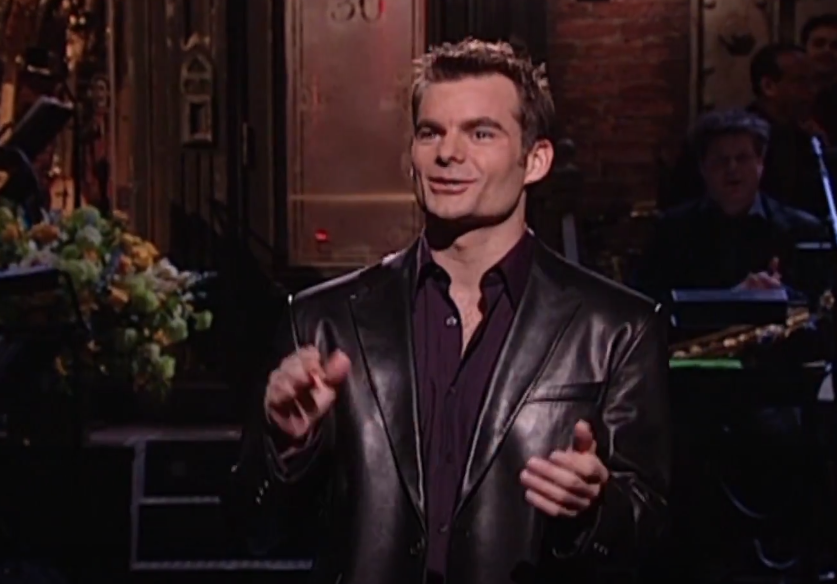 Broadway Video, Saturday Night Live (1975-)
Broadway Video, Saturday Night Live (1975-)
A High Plateau (2002–2015)
After the dizzying heights of the preceding seven years, the pack was beginning to catch up. NASCAR implemented a new point-scoring scheme in 2004 in an effort to introduce more parity into the system. Though Gordon would never win another Cup, his remaining career from 2002–2015 would continue to be highly successful with many memorable victories.
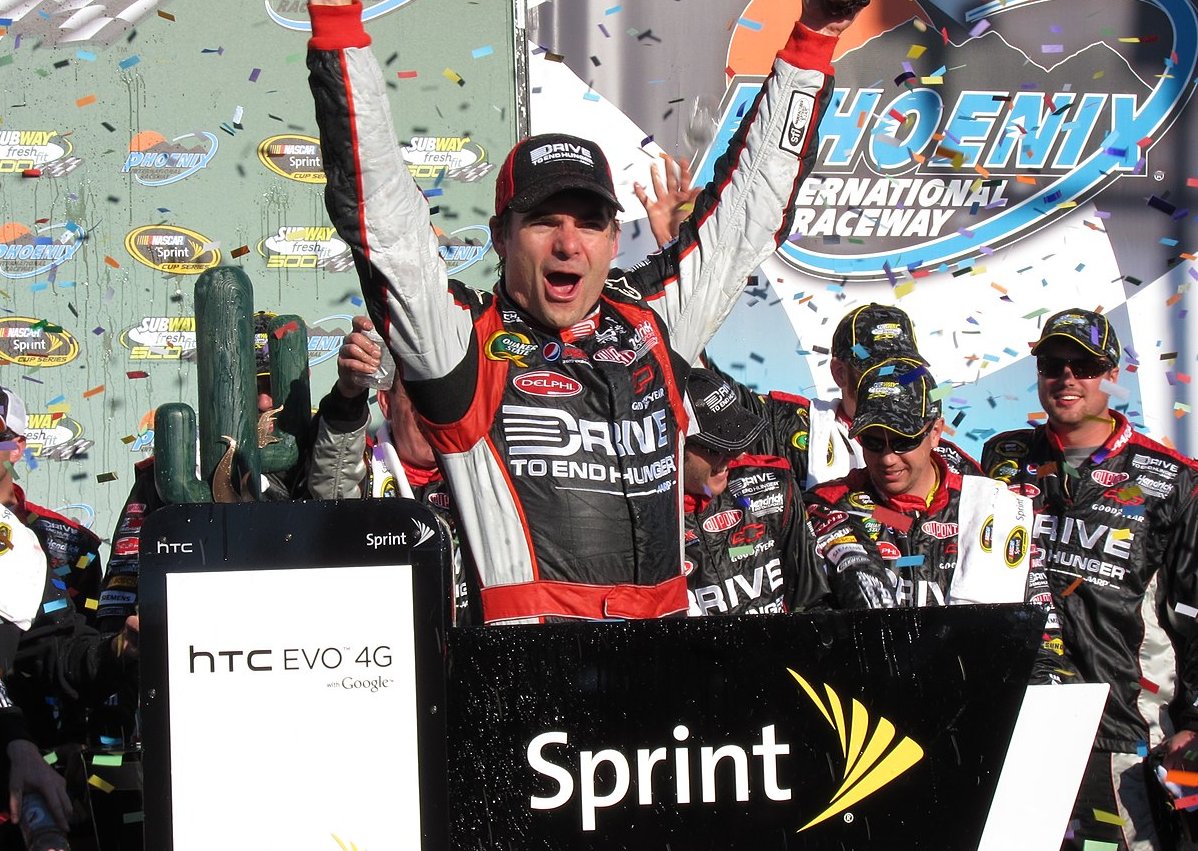 AARPSocialMedia, CC BY 2.0, Wikimedia Commons
AARPSocialMedia, CC BY 2.0, Wikimedia Commons
Third Daytona Win (2005)
Gordon claimed his third Daytona 500 victory in 2005. Putting on an exhibition of his blocking skills in the final laps, Gordon narrowly withstood strong challenges from Kurt Busch, Dale Earnhardt Jr, Jimmie Johnson, and Tony Stewart.
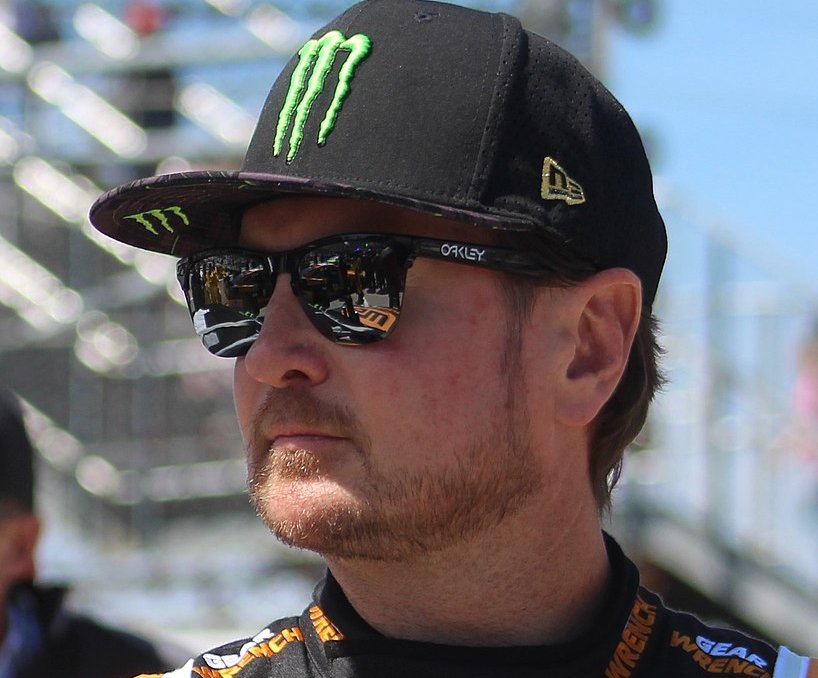 Zach Catanzareti, CC BY 2.0, Wikimedia Commons
Zach Catanzareti, CC BY 2.0, Wikimedia Commons
Coming From Behind (2007)
The 2007 UAW Ford 500 at Talladega was an example of Gordon’s capability to come from far back in the field. In this race he did just that, coming back from 34th. Overtaking Hall of Famer Jimmie Johnson on the last lap, it was one of the most dramatic wins of Gordon’s career.
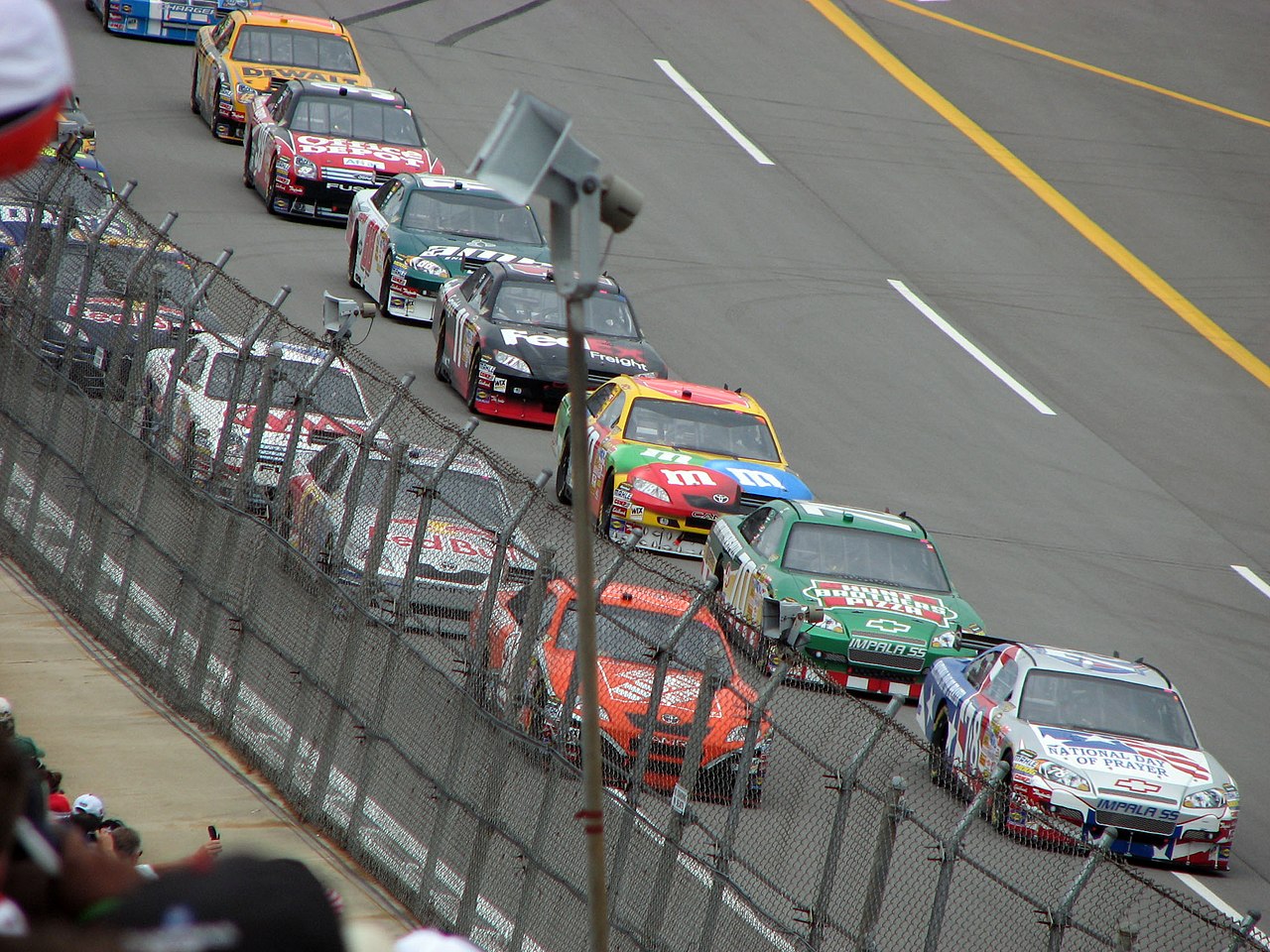 Brian Cantoni, CC BY 2.0, Wikimedia Commons
Brian Cantoni, CC BY 2.0, Wikimedia Commons
Tying Waltrip And Earnhardt (2007)
2007 was a resurgent year for Gordon. Early that season, he tied Darrell Waltrip’s record of 59 poles, and later tied Dale Earnhardt’s record of 76 wins. He did a victory lap flying the number 3 flag as a tribute to the revered Earnhardt.
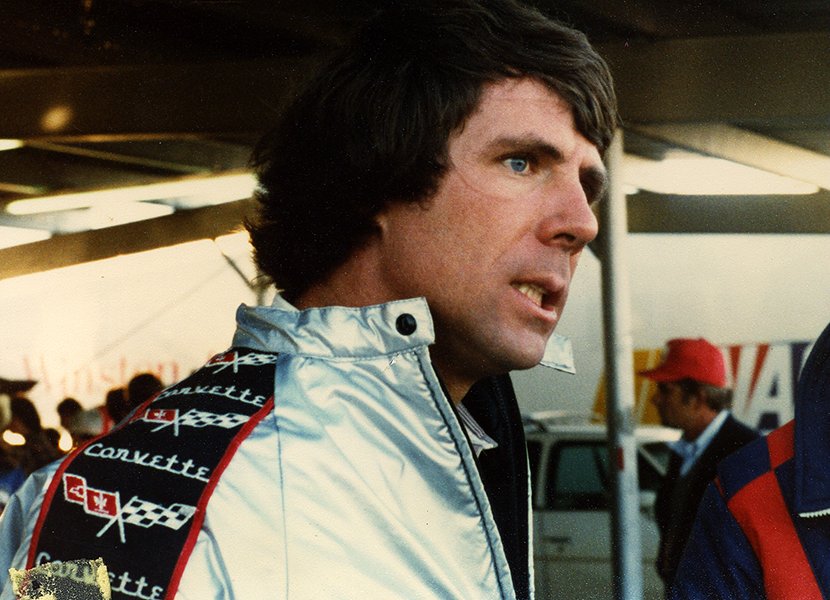 Billferguson, CC BY-SA 3.0, Wikimedia Commons
Billferguson, CC BY-SA 3.0, Wikimedia Commons
Comeback (2007)
Gordon finished a strong rebound season in 2007 with six wins and 30 top-10 finishes, but narrowly finished second in the cup standings to Hendrick teammate Jimmie Johnson. The Cup would have been Gordon’s had the season been scored under the pre-2004 rules. Nevertheless, it demonstrated that he was still a strong contender.
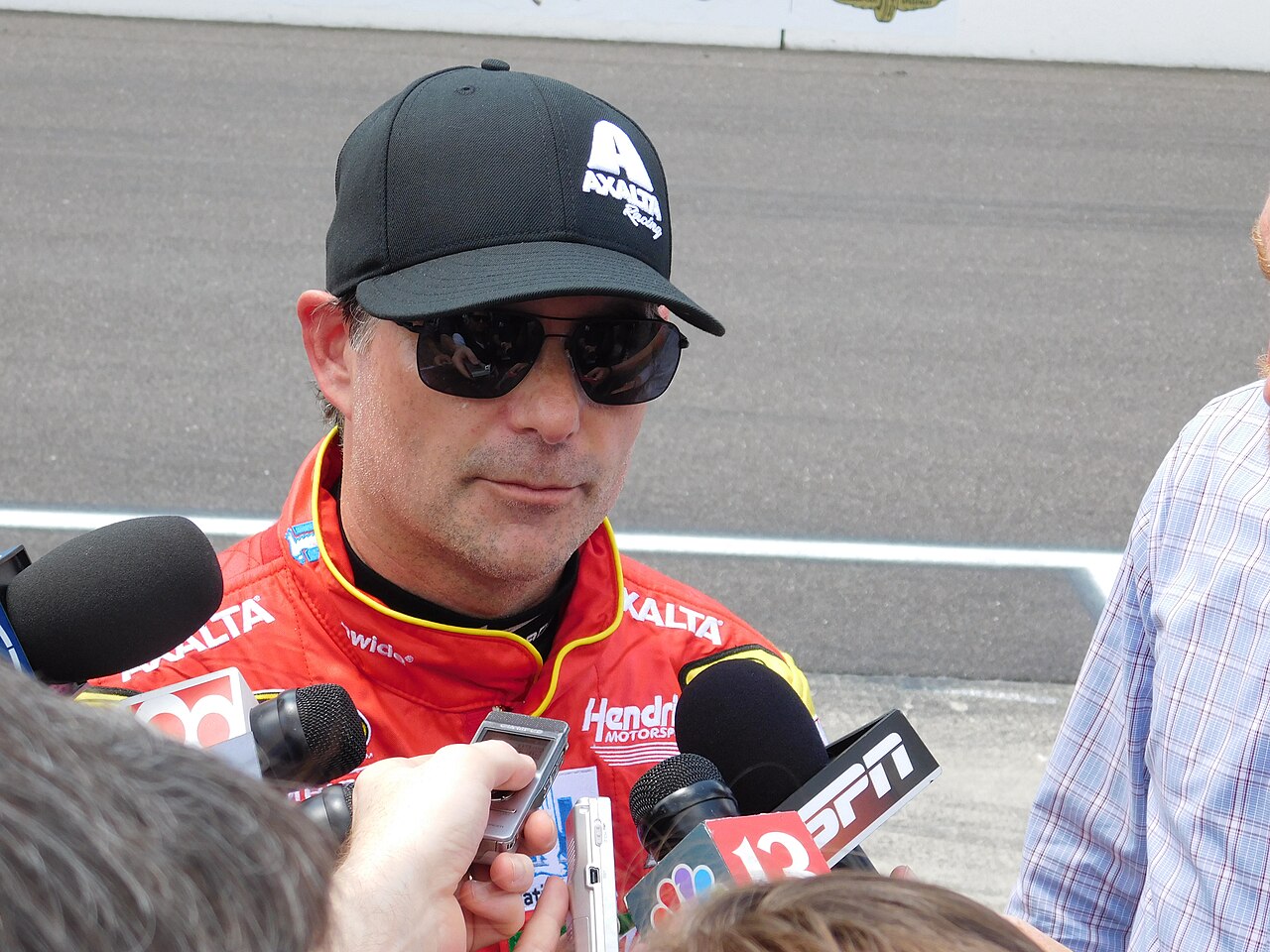 Zach Catanzareti, CC BY-SA 2.0, Wikimedia Commons
Zach Catanzareti, CC BY-SA 2.0, Wikimedia Commons
Duel With Jimmie Johnson (2011)
The 85th win of Gordon’s career in September 2011 was one of the hardest-fought as he ended up in a close duel with five-time Cup champ Jimmie Johnson at Atlanta Motor Speedway. Barely maintaining control, pulling out every trick in his repertoire, the wily Gordon held off Johnson’s ferocious pursuit for the last 10 laps and an unforgettable victory.
 Zach Catanzareti, CC BY-SA 2.0, Wikimedia Commons
Zach Catanzareti, CC BY-SA 2.0, Wikimedia Commons
Don’t Get On His Bad Side (2012)
The 2012 Cup season saw the normally serene Gordon engaged in a feud with Clint Bowyer that lasted all year. Tensions boiled over in Phoenix in November when Gordon deliberately wrecked Bowyer, ruining Bowyer’s Cup dreams and triggering a brawl between the two racing teams. Gordon was fined $100 thousand by NASCAR.
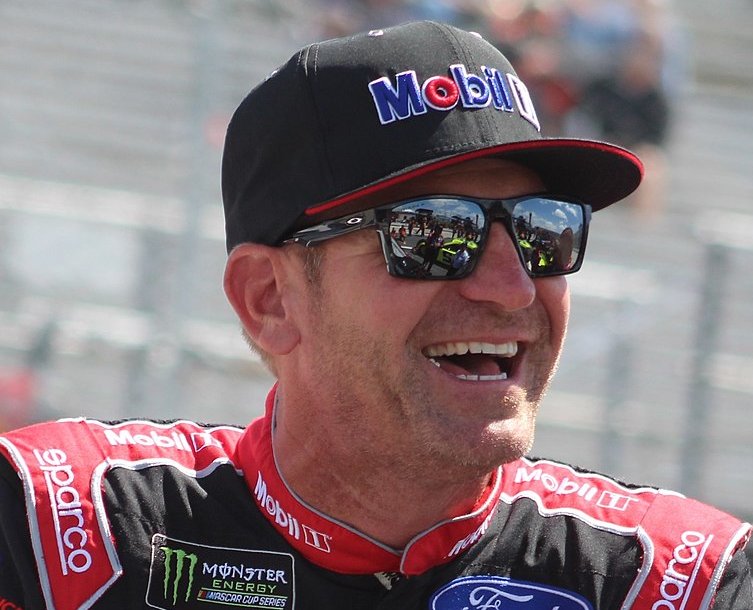 Zach Catanzareti Photo, CC BY 2.0, Wikimedia Commons
Zach Catanzareti Photo, CC BY 2.0, Wikimedia Commons
Flood Of Endorsement Deals (2013)
Gordon’s 2013 role as a customer at a used car lot who takes the salesman on a wild test drive turned out to be one of Pepsi Max’s most successful commercials. His popularity and public recognition led to appearances in many other ads for an array of different products.
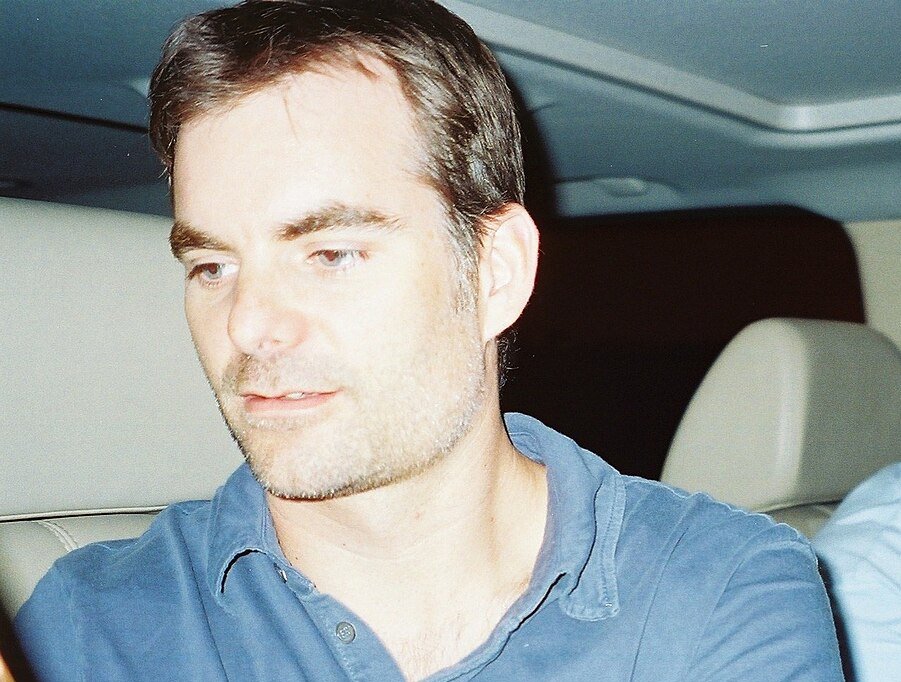 Pam J., CC BY 2.0, Wikimedia Commons
Pam J., CC BY 2.0, Wikimedia Commons
Fifth Brickyard Win (2014)
Gordon won a record fifth Brickyard 400 in 2014, 20 years after one of his biggest wins at the legendary Indy track. The victory brought his career total to 90, only the third driver in NASCAR history to do so.
Answering The Bell (2014)
Gordon has impressed fans by his willingness to trade blows with competitors who he feels have crossed the line. An example of this was in 2014, when he went after Brad Keselowski for wrecking him and his Cup chances in the Texas 500. As it happened, Gordon would have won the 2014 Cup under the pre-2004 scoring rules, not the first such occurrence in his career.
 TaurusEmerald, CC BY-SA 4.0, Wikimedia Commons
TaurusEmerald, CC BY-SA 4.0, Wikimedia Commons
Swan Song At Martinsville (2015)
The penultimate race of 2015 at the Martinsville 500 marked Gordon’s 93rd and last victory. A series of crashes by other drivers allowed Gordon to claim first place. Having announced that he would retire at the end of the season, the Martinsville win was one of the most unexpected and enjoyable of his career.
Endurance Win (2017)
Gordon was a co-winner of the 2017 24 Hours of Daytona as a one-time member of Wayne Taylor Racing. Driving to victory in the Cadillac Daytona Prototype VR, Gordon was behind the wheel for about two and a half hours total.
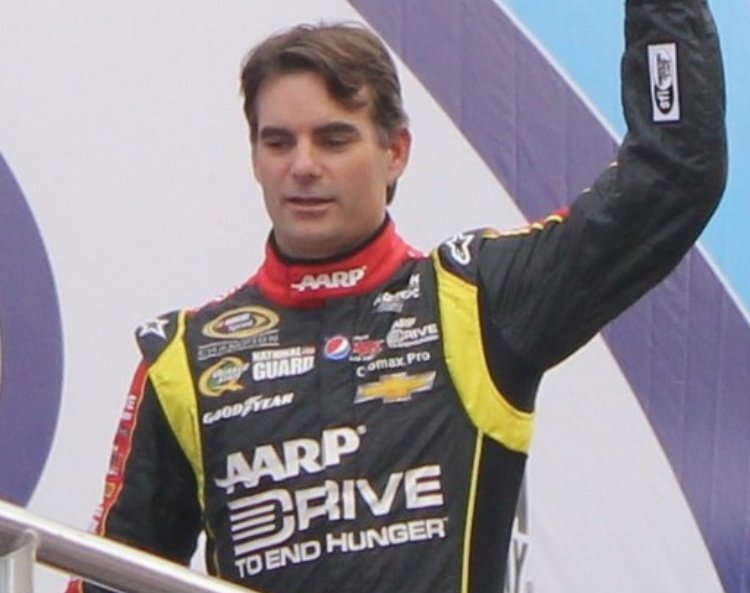 Georgia Peanut Commission, CC BY 2.0, Wikimedia Commons
Georgia Peanut Commission, CC BY 2.0, Wikimedia Commons
Hall Of Fame Honors (2019)
Gordon’s induction to the NASCAR Hall of Fame took place in 2019, his first year of eligibility. His induction speech, not surprisingly, made special mention of those who helped him get his start in NASCAR. He also singled out the first Winston Cup win in 1995 for its incredible teamwork.
 Daniel Lobo, CC BY 2.0, Wikimedia Commons
Daniel Lobo, CC BY 2.0, Wikimedia Commons
Iron Man
You have to show up to have a chance to win and Gordon did just that over the course of his career. He ended up with 797 straight races run, outpacing the 788 of former recordholder Ricky Rudd.
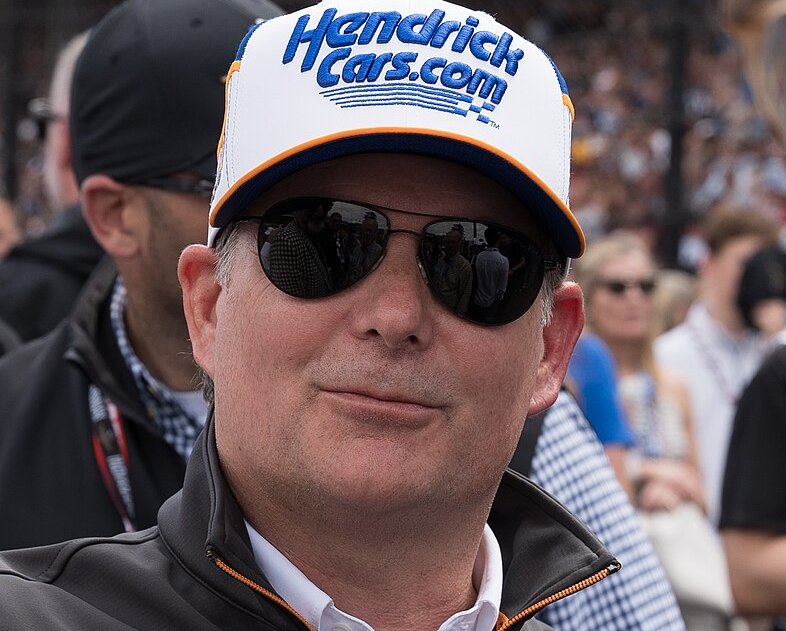 Governor Eric Holcomb,Wikimedia Commons
Governor Eric Holcomb,Wikimedia Commons
Road Course Royalty
Gordon is the holder of one of the proudest and most underrated records in NASCAR: most career road course wins, with nine. His prowess at such complex tracks as Sonoma and Watkins Glen included season sweeps in 1998 and 1999, reinvigorating driver and fan interest in these lower profile races.
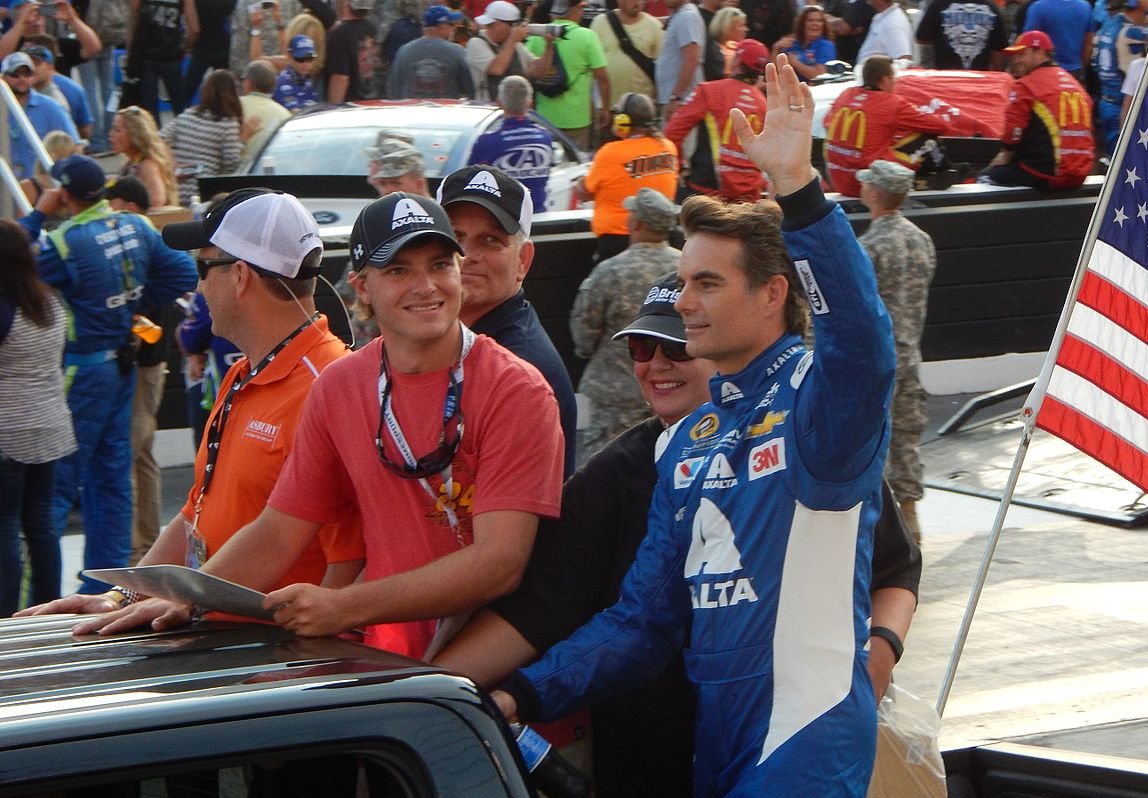 Nascarking, CC BY-SA 4.0, Wikimedia Commons
Nascarking, CC BY-SA 4.0, Wikimedia Commons
Modern Wins Leader
Gordon’s 93 career NASCAR wins place him third all-time, and first in the post-1970 era in which competition was of a more consistent high quality. With very few of today’s drivers accomplishing double-digit wins in a single season, Gordon should occupy his rank on the wins list for decades to come.
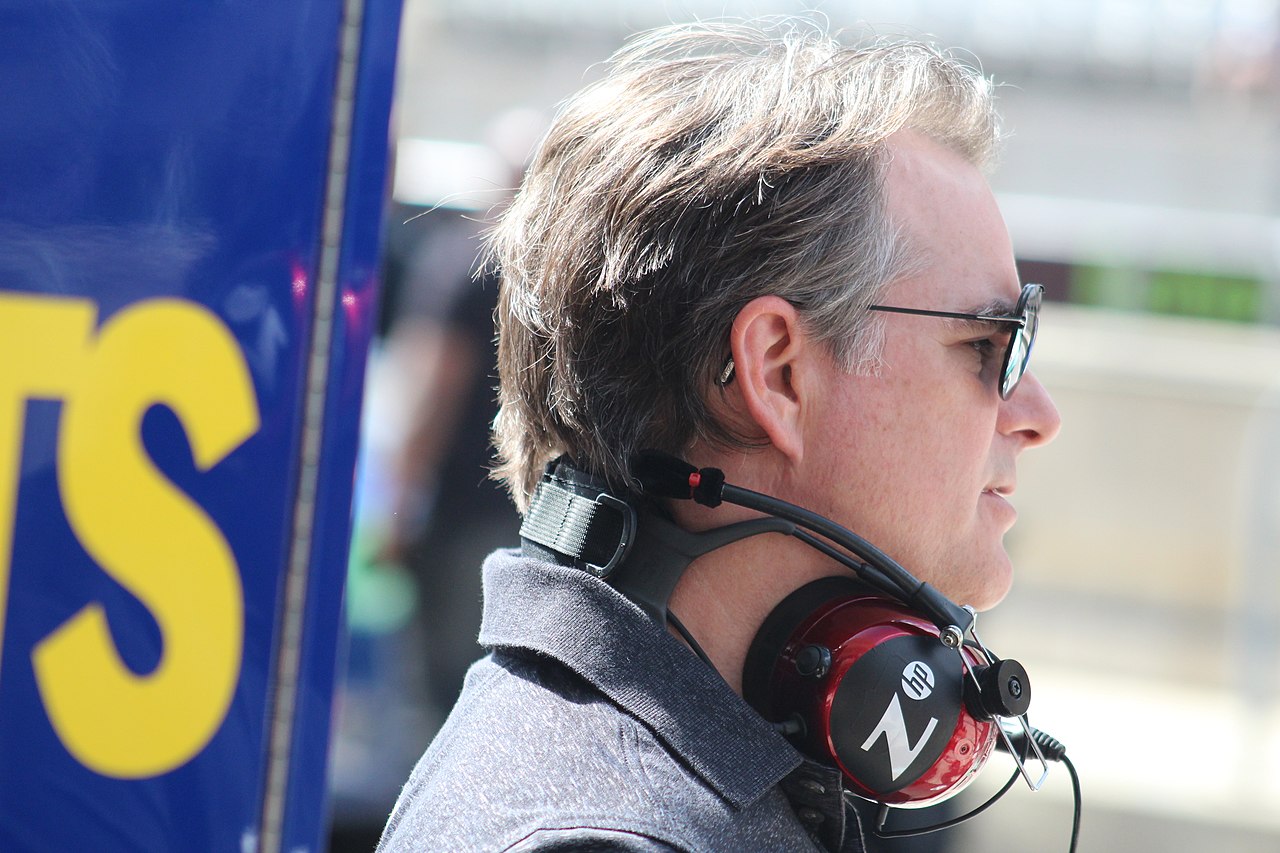 Zach Catanzareti, CC BY 2.0, Wikimedia Commons
Zach Catanzareti, CC BY 2.0, Wikimedia Commons
Vice-Chairman Of Hendrick
Gordon continues his role as vice-chairman and ownership partner with Hendrick Motorsports, a post he has held since 1999. He was involved in Hendrick’s participation in the Garage 56 project at the 2023 24 Hours of Le Mans with the next generation Camaro ZL1, but ultimately did not drive.
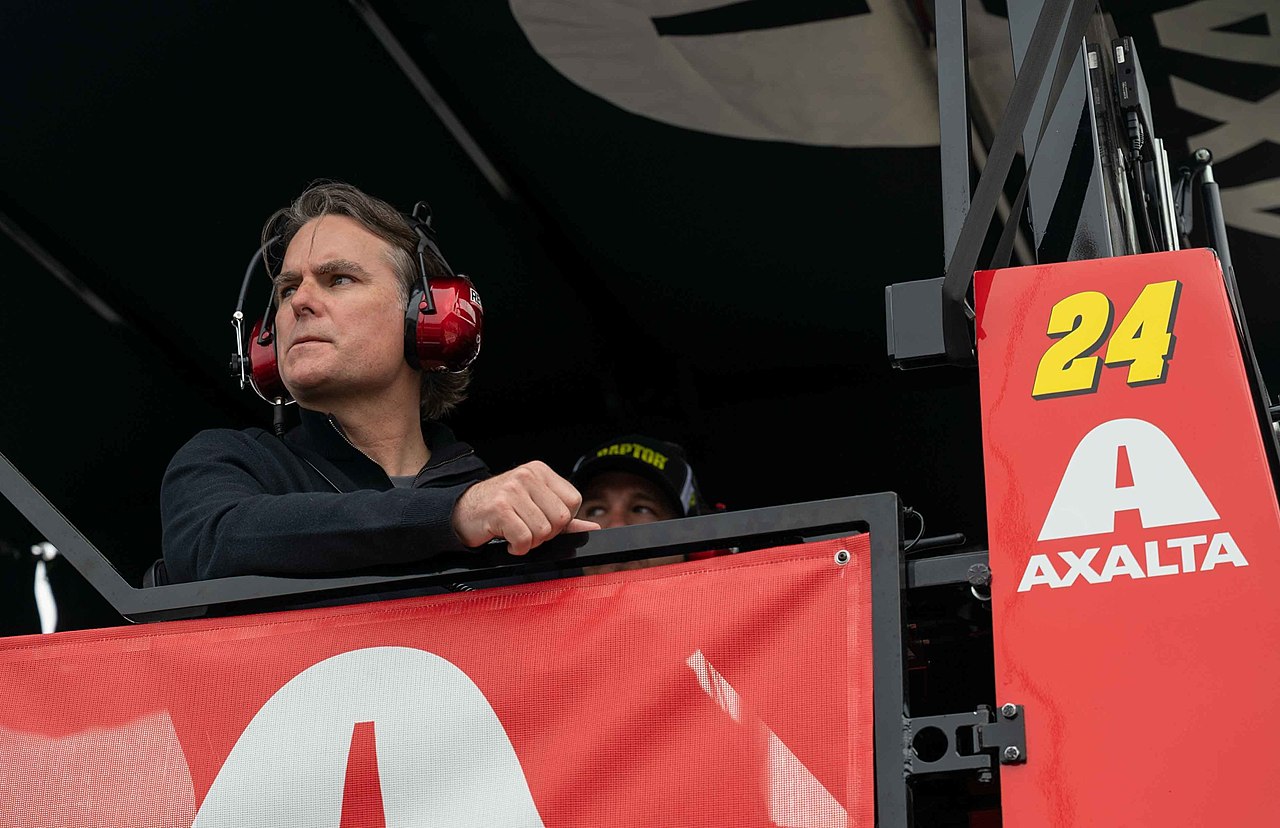 Senior Airman Faith Schaefer, Wikimedia Commons
Senior Airman Faith Schaefer, Wikimedia Commons
His Legacy
Jeff Gordon’s peak years represent one of the greatest stretches of excellence in the motorsport’s history. His post-2001 career, even without a Cup win, would be the envy of most other NASCAR drivers. His ability to win on all types of tracks and conditions against a relentless onslaught of fierce competitors make the famous “Rainbow Warrior” unquestionably one of the best of all time.


